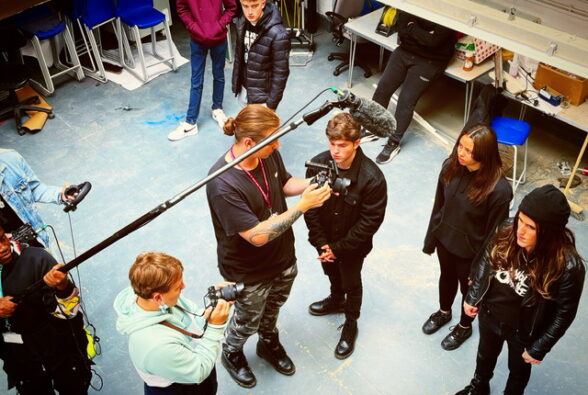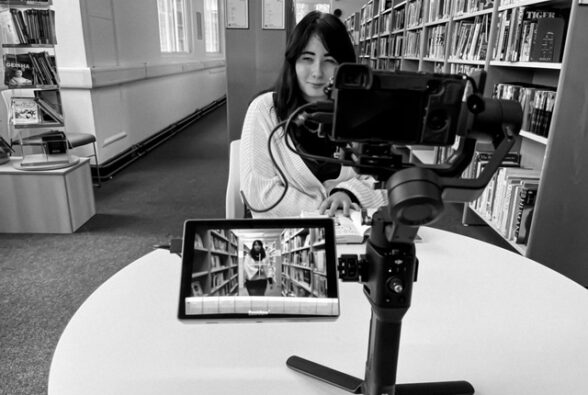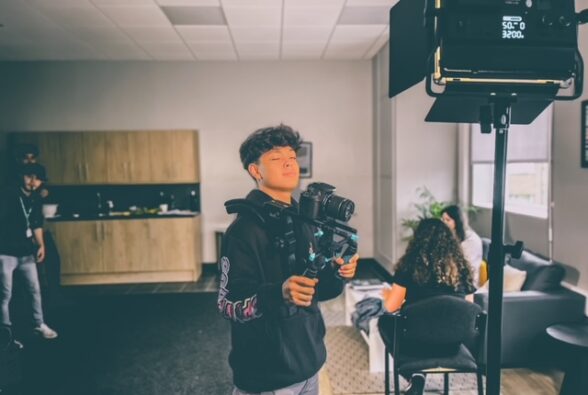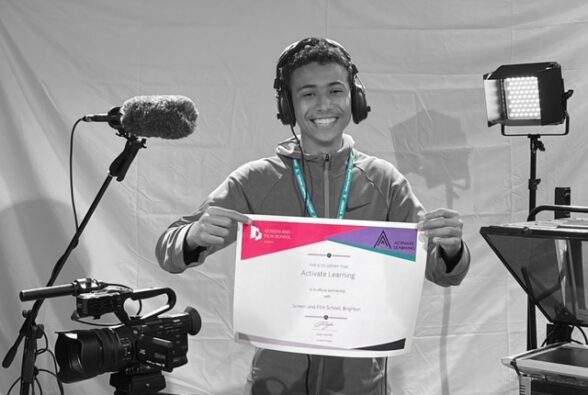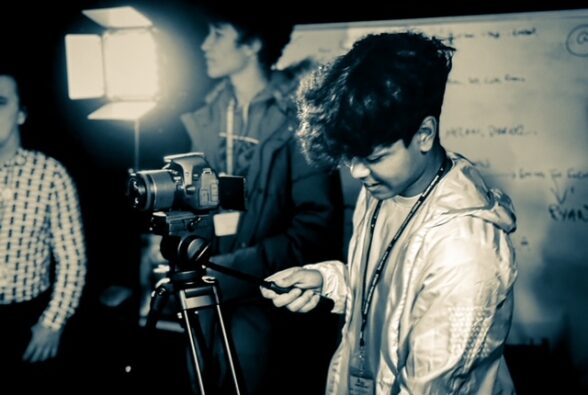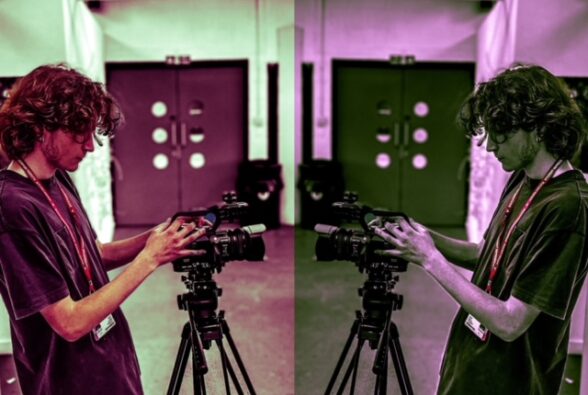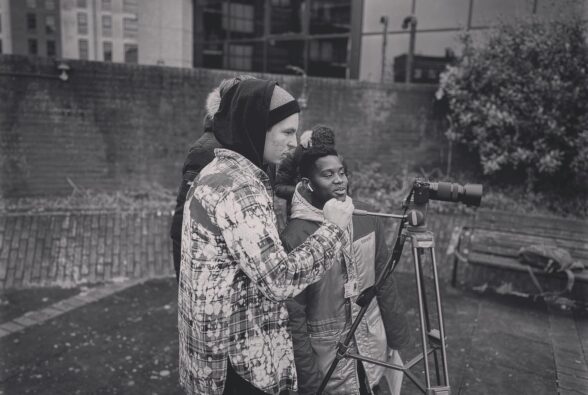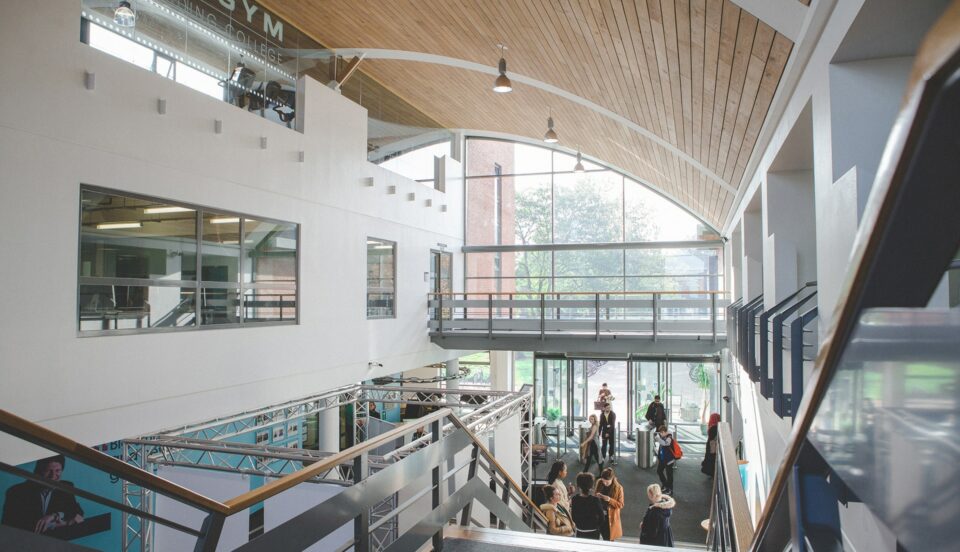This NCFE Level 3 course gives you an exciting introduction to the world of travel and tourism. You’ll discover what it’s like to work in the industry, explore different travel destinations in the UK and around the world, and learn about the many jobs you could do in the future.
The course covers topics such as customer service, UK and worldwide destinations, UK airports and airlines, visitor attractions, and how to plan your career in travel and tourism. You’ll also develop essential skills like communication, teamwork, and organisation, which are helpful for any job.
Alongside your main course, GCSE Maths classes will run throughout the year, with extra revision sessions to help you succeed in these subjects.
You will complete three core units in the first year, and a selection of additional units over the two-year duration of the course. There are also fun, hands-on sessions. You’ll learn through projects, group work, and real-life activities—no exams, just assignments and practical tasks.
What you'll learn
MODULES
You’ll study the following three core units in the first year:
The UK travel and tourism industry: Explains the range of travel and tourism organisations as well as their ownership and interrelationships. You will consider recent and historical developments in the UK travel and tourism industry and its current contribution to the UK economy.
Customer service in travel and tourism: Evaluates customer service provided by travel and tourism organisations, as well as making recommendations for improvements. You will explain how organisations manage customer service and their policies and procedures. You will also demonstrate the delivery of customer service in travel and tourism situations
Preparing for a career in travel and tourism: You will analyse employment opportunities and the impact of current trends in travel and tourism. You will prepare for a career in travel and tourism by producing a CV or personal profile, conducting a skills audit, and completing an application document to a professional standard. You will also plan for and take part in an interview, evaluate your performance, and produce an action plan.
Additionally, a selection of the following 15 units will be covered over the two-year duration of the course:
- Travel and tourism destinations
- Investigating airline cabin crew
- Worldwide passenger airlines
- Airport terminal operations or commercial operations of airports and airlines
- Aviation communications or airport ground operations or UK airports
- The cruise industry
- UK visitor attractions
- Hospitality in travel and tourism
- Responsible tourism or specialist tourism
- Travel agency operations or UK tour operations
- Work experience in travel and tourism
- The UK conference and event industry
- Marketing for travel and tourism
- Resort representative roles and responsibilities
- Specialist tourism
There are also fun, hands-on sessions. You’ll learn through projects, group work, and real-life activities—no exams, just assignments and practical tasks.
Progression to Higher Level Studies
These qualifications aim to provide learners with several progression options, including higher-level studies at a university or FE college. The skills required to progress to higher academic studies are different from those required at Levels 1 and 2. Level 3 qualifications enable the development of these skills. Although there is no single definition of higher-level learning skills, they include:
- checking and testing information
- supporting your points with evidence
- self-directed study
- self-motivation
- thinking for yourself
- analysing and synthesising information/materials
- critical thinking and problem-solving
- working collaboratively
- reflecting on learning and identifying improvements
You will be required to analyse, draw conclusions, interpret or justify, which are all examples of higher-level skills. This means that evidence provided for the portfolio will also demonstrate the development and use of higher-level learning skills.
How you'll learn and be assessed
You will be assessed through coursework rather than exams. For each topic, you’ll create a portfolio of evidence to show what you’ve learned. This could include assignments, roleplays, case studies, presentations, fact sheets, audio-visual evidence, projects, reports, workbooks, journals, and even things like blogs or videos. Your teacher will check your work and give you feedback to help you improve.
Aims and Objectives of these Qualifications
Qualification purpose
These qualifications are designed to provide the skills to work in the travel and tourism sector. You will gain those skills by successfully completing the units required. These qualifications will also enable progression to further studies.
These qualifications will:
- focus on the study of the travel and tourism sectors in a number of occupational areas
- offer breadth and depth of study, incorporating a key core of knowledge, skills and understanding
- provide opportunities to acquire a number of practical and work-related skills.
Qualification objectives
The objectives of these qualifications are to:
- provide an in-depth understanding of the principles of the travel and tourism industry, and allow you to explore the various avenues of work within this industry
- allow you to gain transferable skills that can be applied to the workplace or further study
Essential Skills
While completing these qualifications, you will develop the knowledge, understanding and essential skills employers look for in employees. These range from familiar ‘key skills’ such as team working, independent learning and problem-solving, to more tricky-to-measure skills such as:
- an appreciation of appropriate behaviour and dress
- appropriate interpersonal skills
- communicating with professional colleagues/peers and/or hierarchical seniors
- supporting other aspiring employees
- personal manners and deportment
- understanding work practices and how different roles and departments function within an organisation
Progression
Higher Education
Having achieved these qualifications, you could progress to a degree in:
- Travel and Tourism
- Air Transport and Operations
- Tour Management
- International Tourist Management
- Hospitality Management
You might also consider: Postgraduate Certificate in Education (PGCE).
These qualifications are useful in the following sectors/areas:
- travel and tourism
- aviation
- leisure
- hospitality
- catering
- management
Entry requirements
You need to have 5 GCSEs at grade 4 or above, including GCSE English language. GCSE Maths must be a minimum of grade 3.
